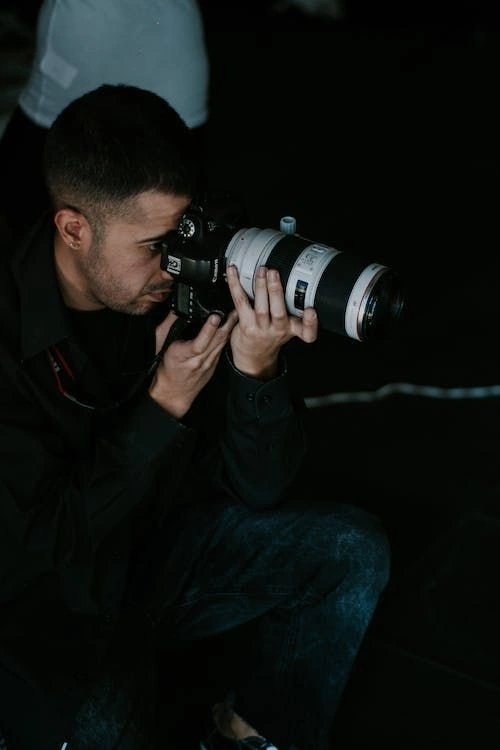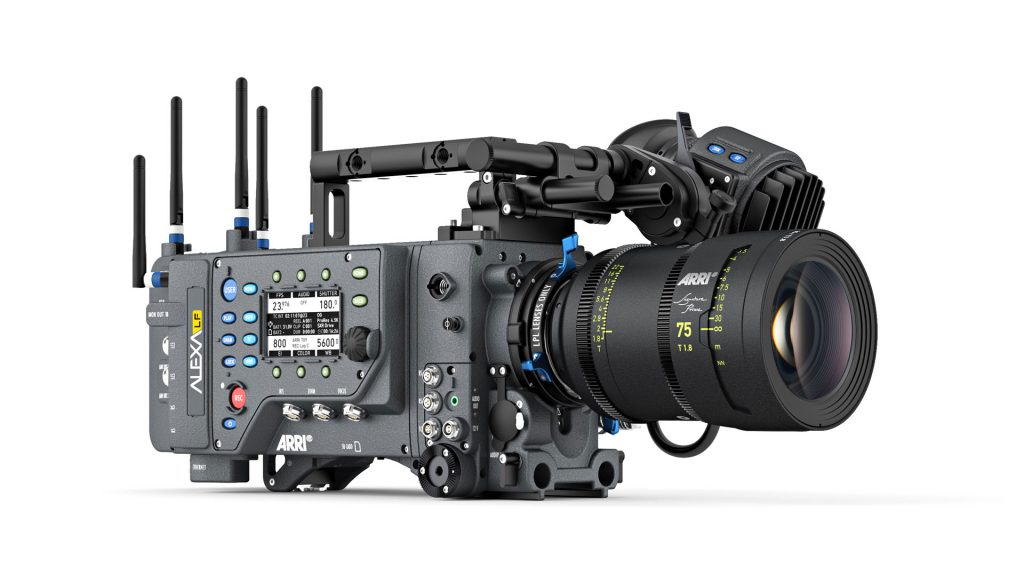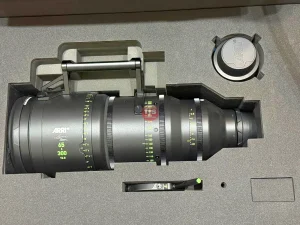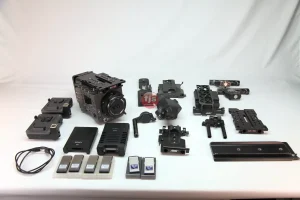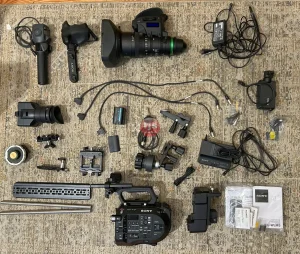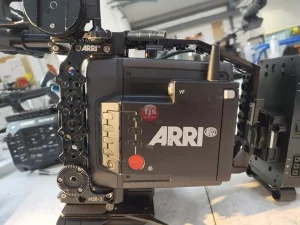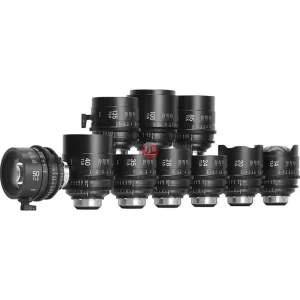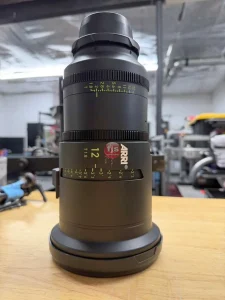Introduction:
Cinema lenses play a crucial role in capturing stunning visuals and telling compelling stories on the silver screen. Manual focus and iris control are two essential features that provide filmmakers with greater control and creativity in their craft. In this article, we will explore the advantages of using manual focus and iris control in cinema lenses, highlighting their benefits and the techniques that can be employed to enhance the visual storytelling experience.
Key Features and Benefits:
- What are the benefits of manual focus in cinema lenses?
Manual focus allows filmmakers to have precise control over what is in focus and what is not. This feature is particularly advantageous in situations where automatic focusing may struggle, such as low-light conditions or when shooting through obstacles. By manually adjusting the focus, filmmakers can achieve the desired depth of field and create selective focus effects, drawing the audience’s attention to specific subjects or elements within the frame. - How does manual focus enhance the creative potential of filmmakers?
Manual focus empowers filmmakers to make intentional creative choices by selectively focusing on certain elements within a shot. This technique enables them to create visual storytelling cues, convey emotions, and guide the audience’s attention. Moreover, manual focus allows for precise control over focus pulling, a technique widely used to shift focus from one subject to another seamlessly, adding depth and dimension to a scene. - What advantages does iris control offer in film lenses?
Iris control refers to the ability to manually adjust the lens aperture, which determines the amount of light entering the camera. By controlling the iris, filmmakers can manipulate the depth of field, altering the sharpness and clarity of the image. This control allows for creative choices, such as isolating the subject by using a shallow depth of field or capturing an entire landscape with a deep depth of field. Iris control also plays a crucial role in managing exposure, ensuring proper lighting conditions in different shooting environments. - How can filmmakers utilize iris control effectively?
Filmmakers can use iris control to set the desired mood and tone of a scene. By adjusting the aperture, they can achieve various lighting effects, such as creating a soft, dreamy look with a wide open iris, or a sharp, detailed image with a narrow iris. Additionally, iris control enables filmmakers to control the exposure in challenging lighting conditions, such as shooting against bright backgrounds or capturing scenes with high contrast.
Conclusion:
In conclusion, manual focus and iris control are essential features in cinema lenses that offer filmmakers greater control and creative possibilities. Manual focus allows for precise control over what is in focus, leading to intentional creative choices and enhanced visual storytelling. Iris control, on the other hand, provides filmmakers with the ability to manipulate depth of field and manage exposure, enabling them to create specific moods and capture scenes with optimal lighting conditions. By mastering these cinema lens focusing techniques, filmmakers can elevate their craft and deliver visually stunning narratives to captivate audiences.

